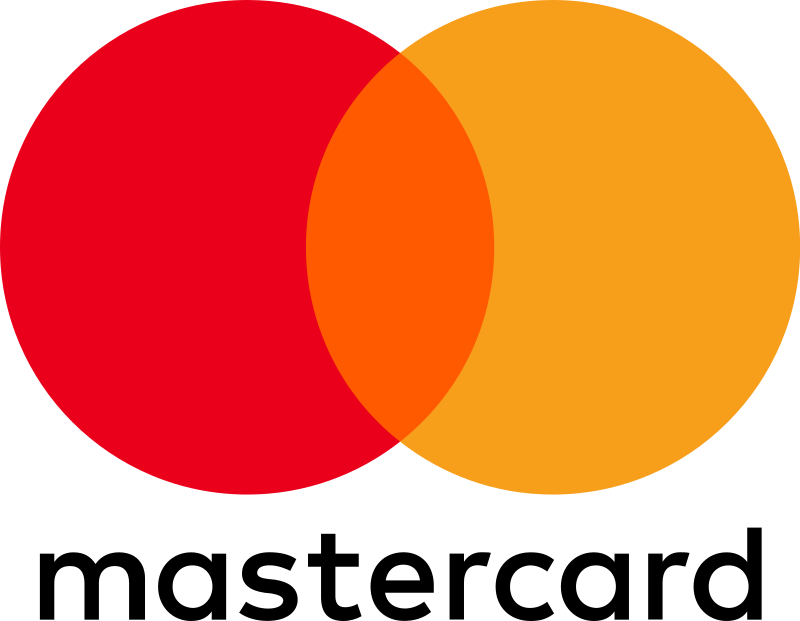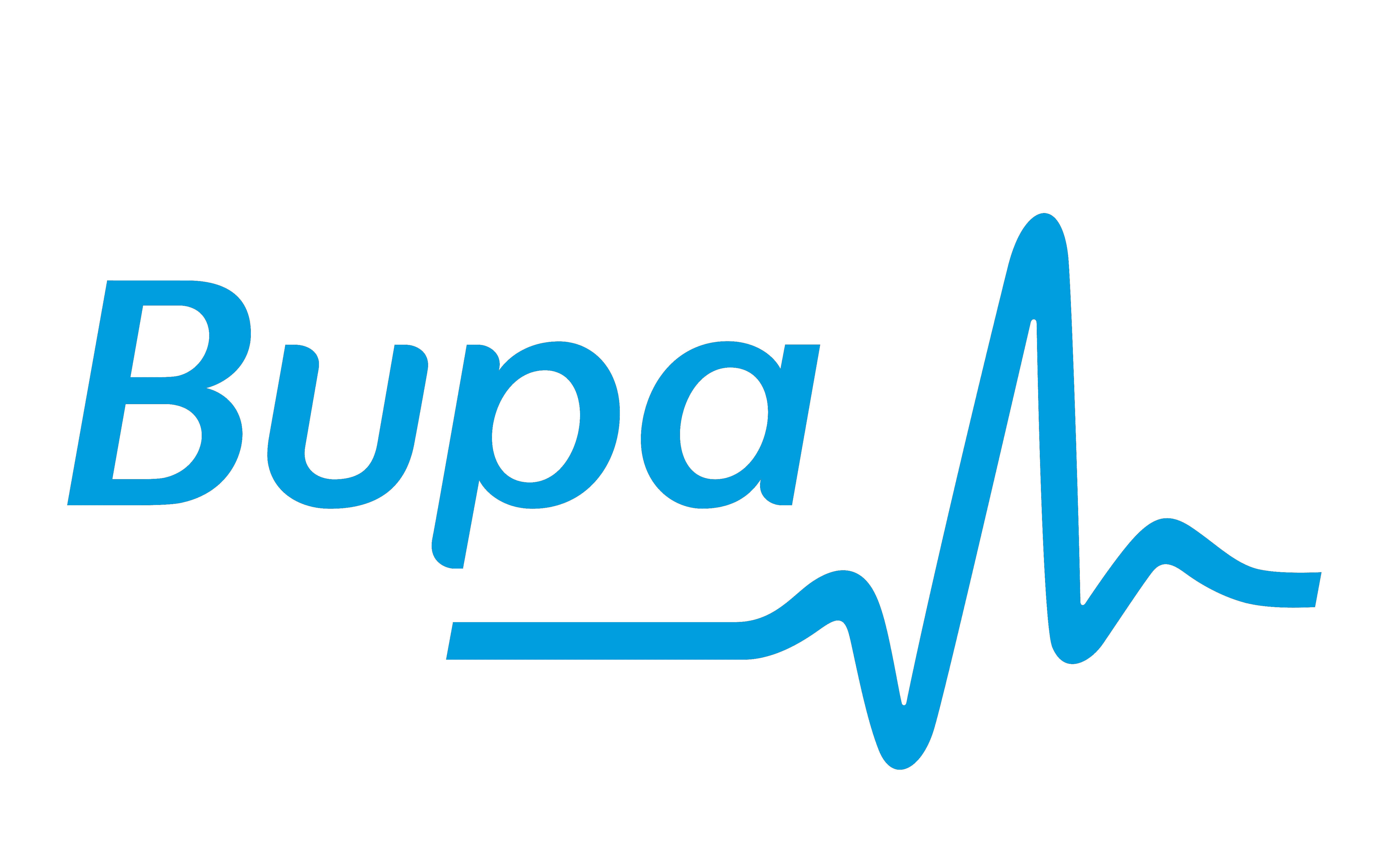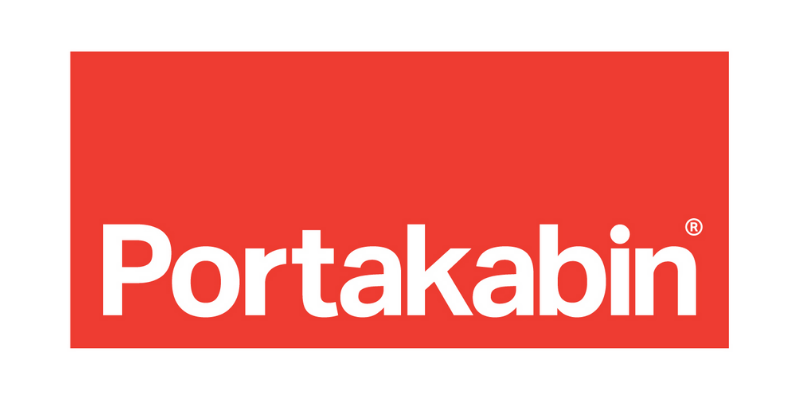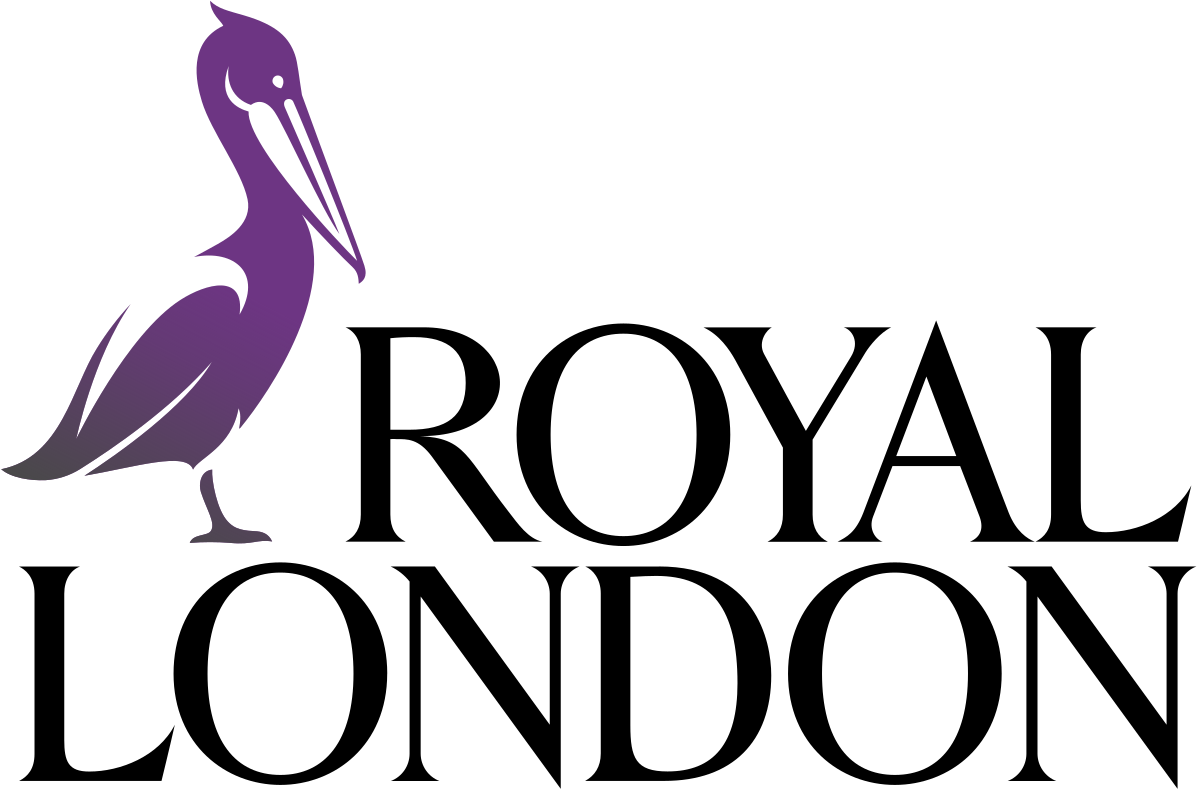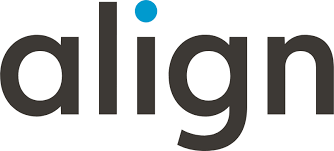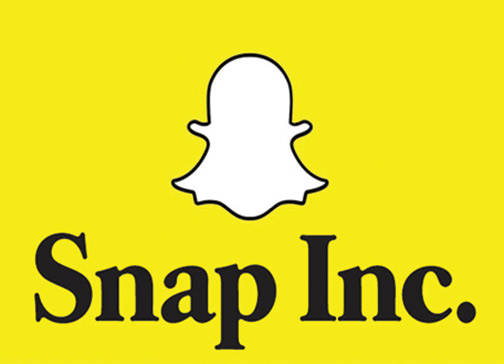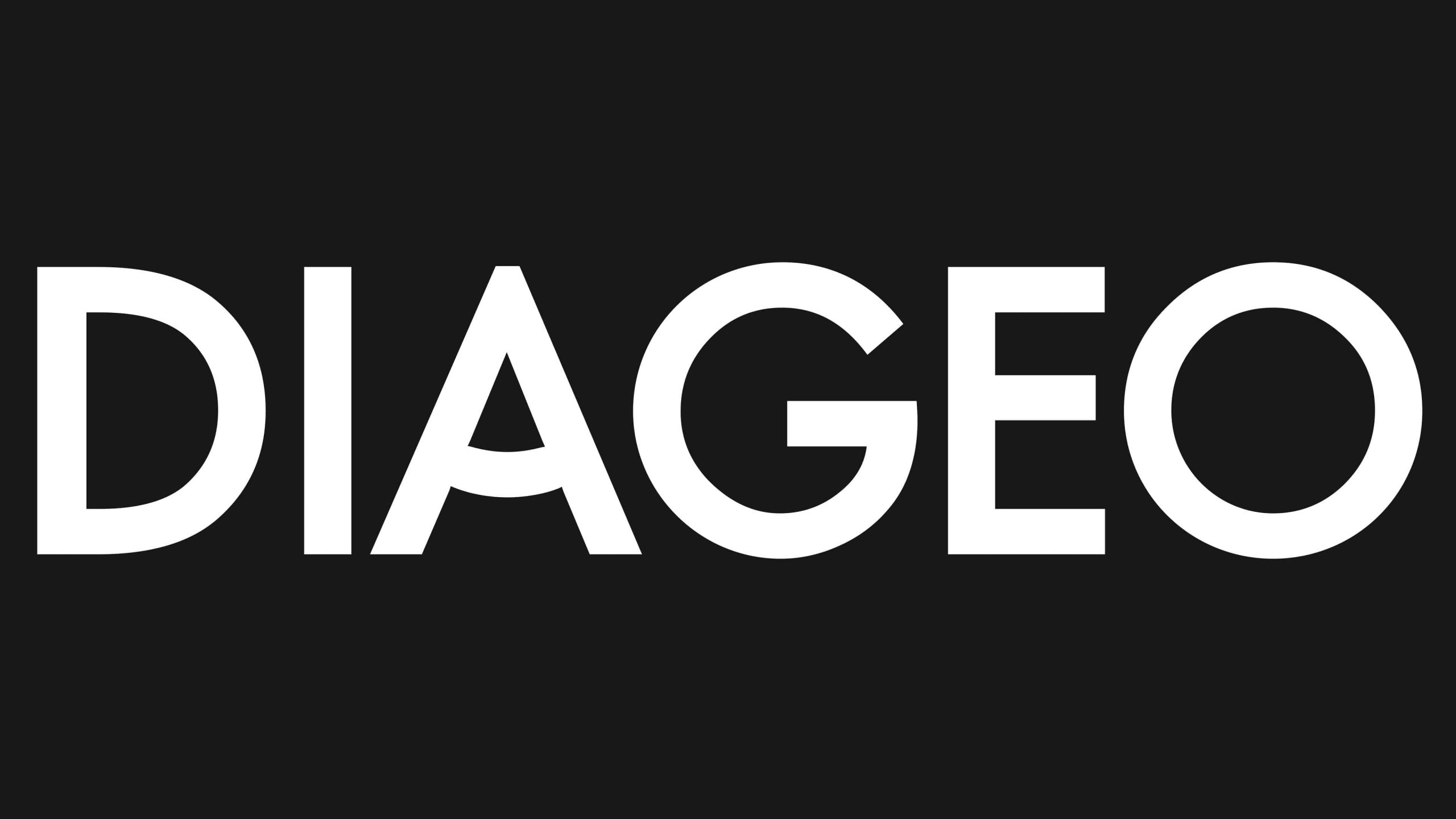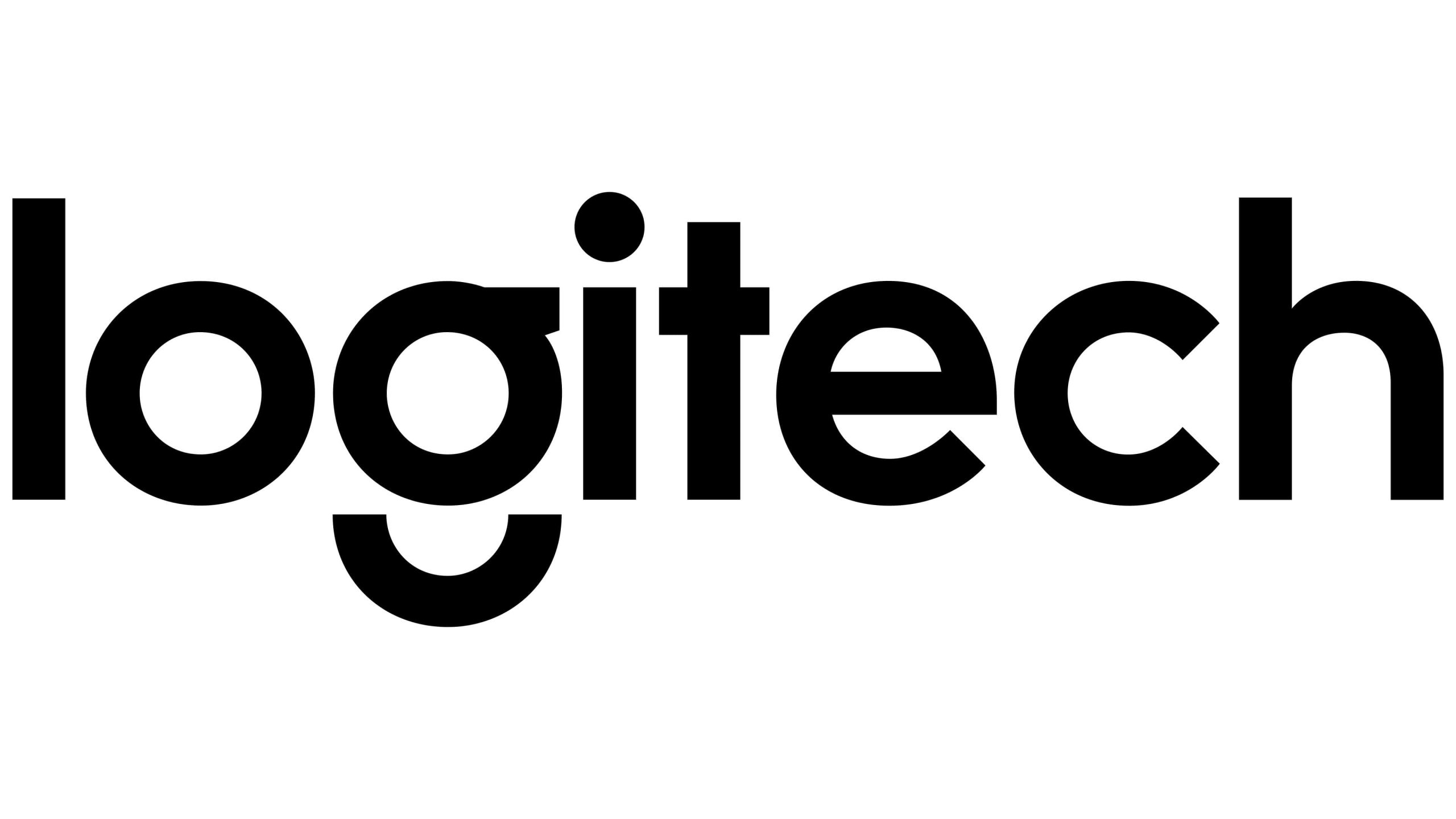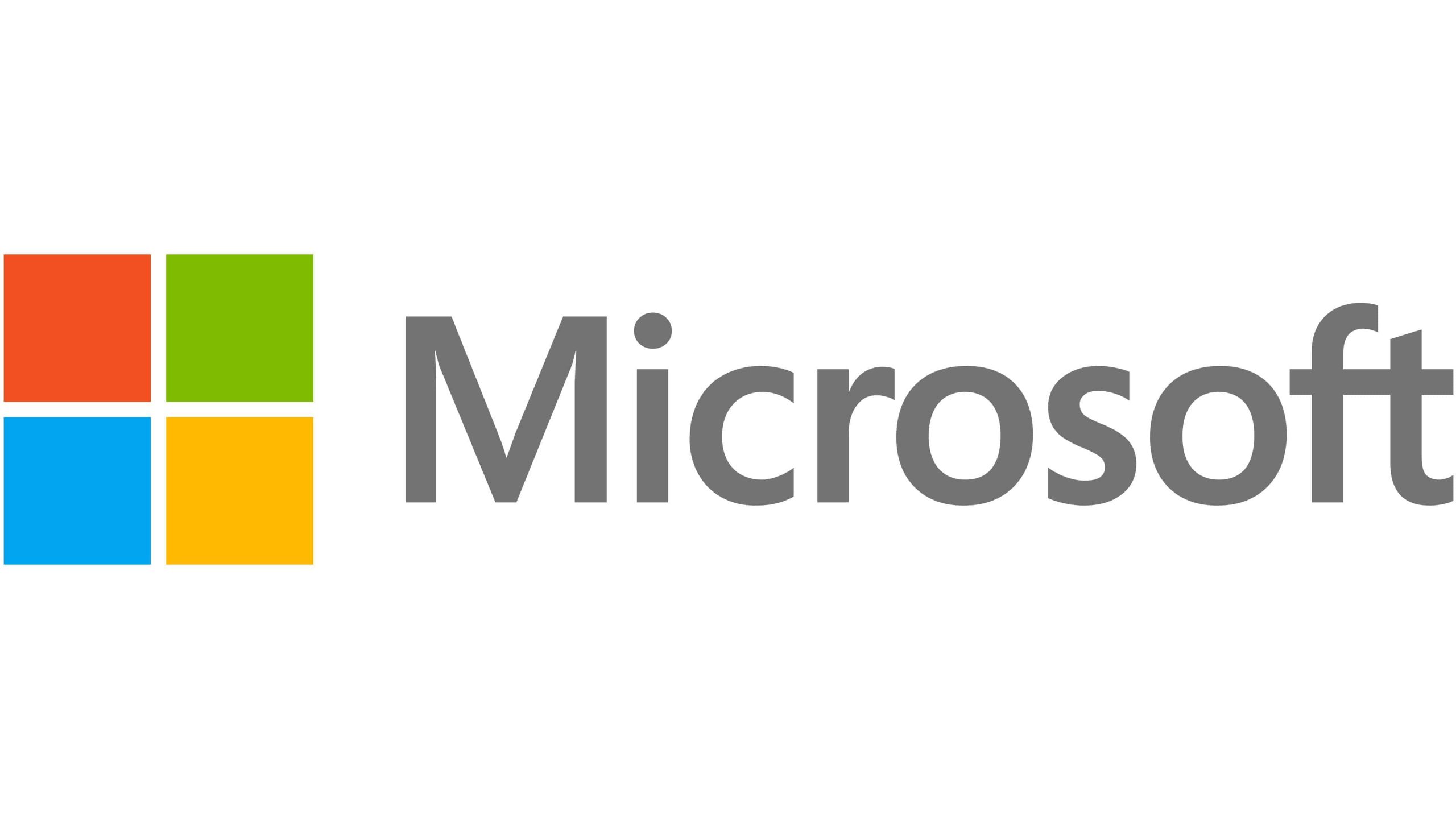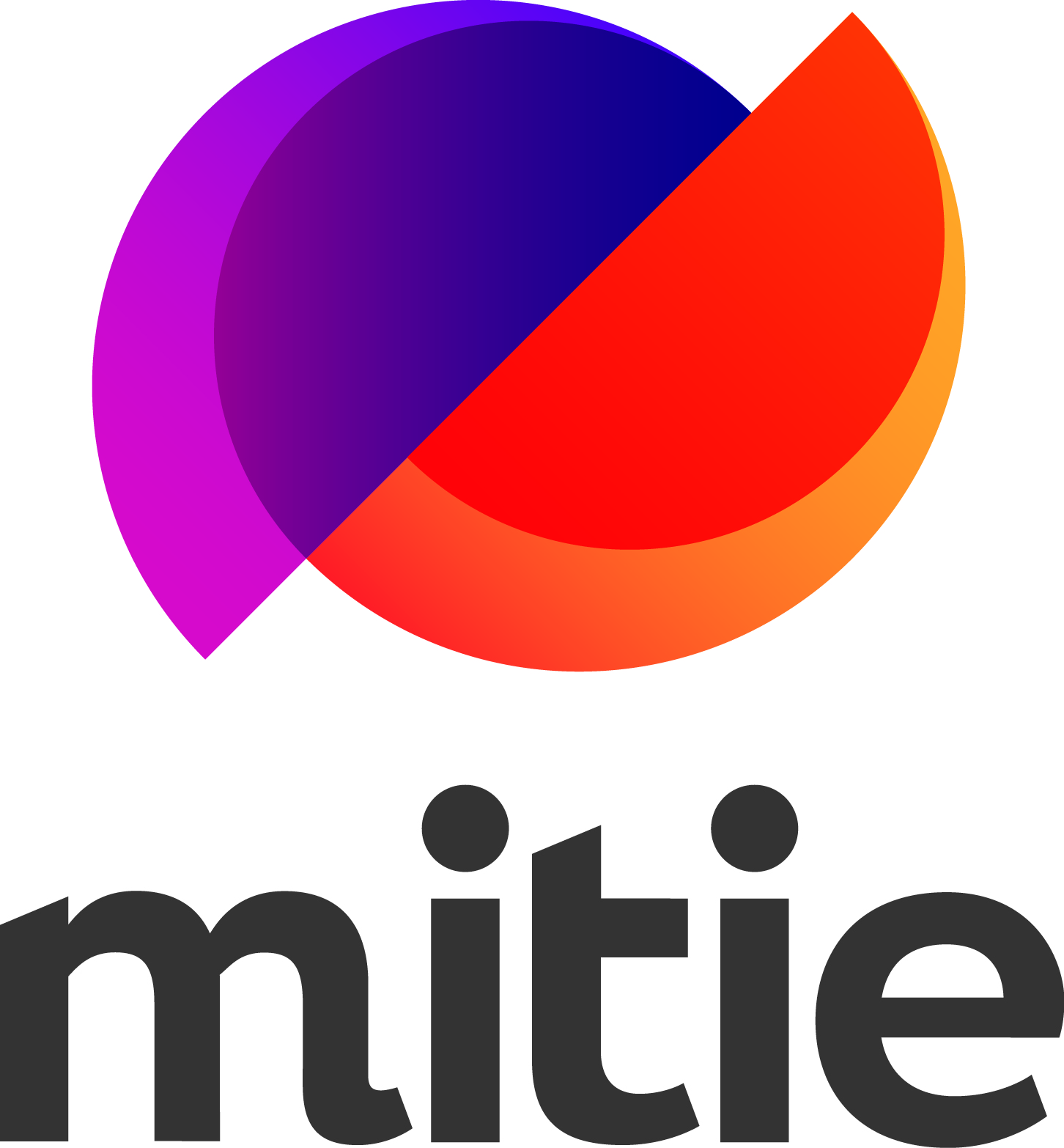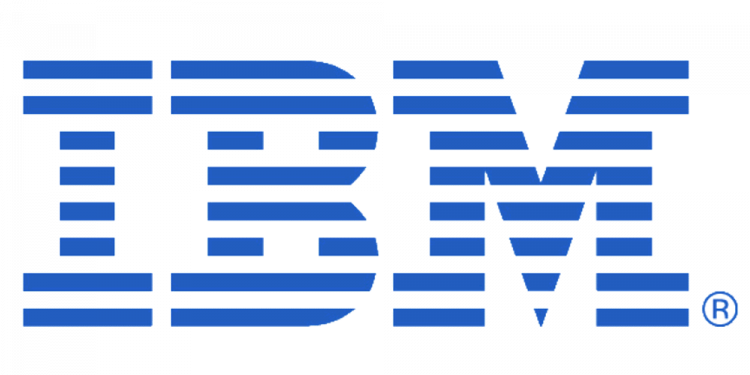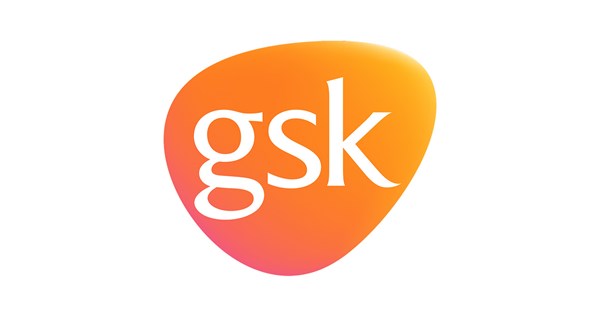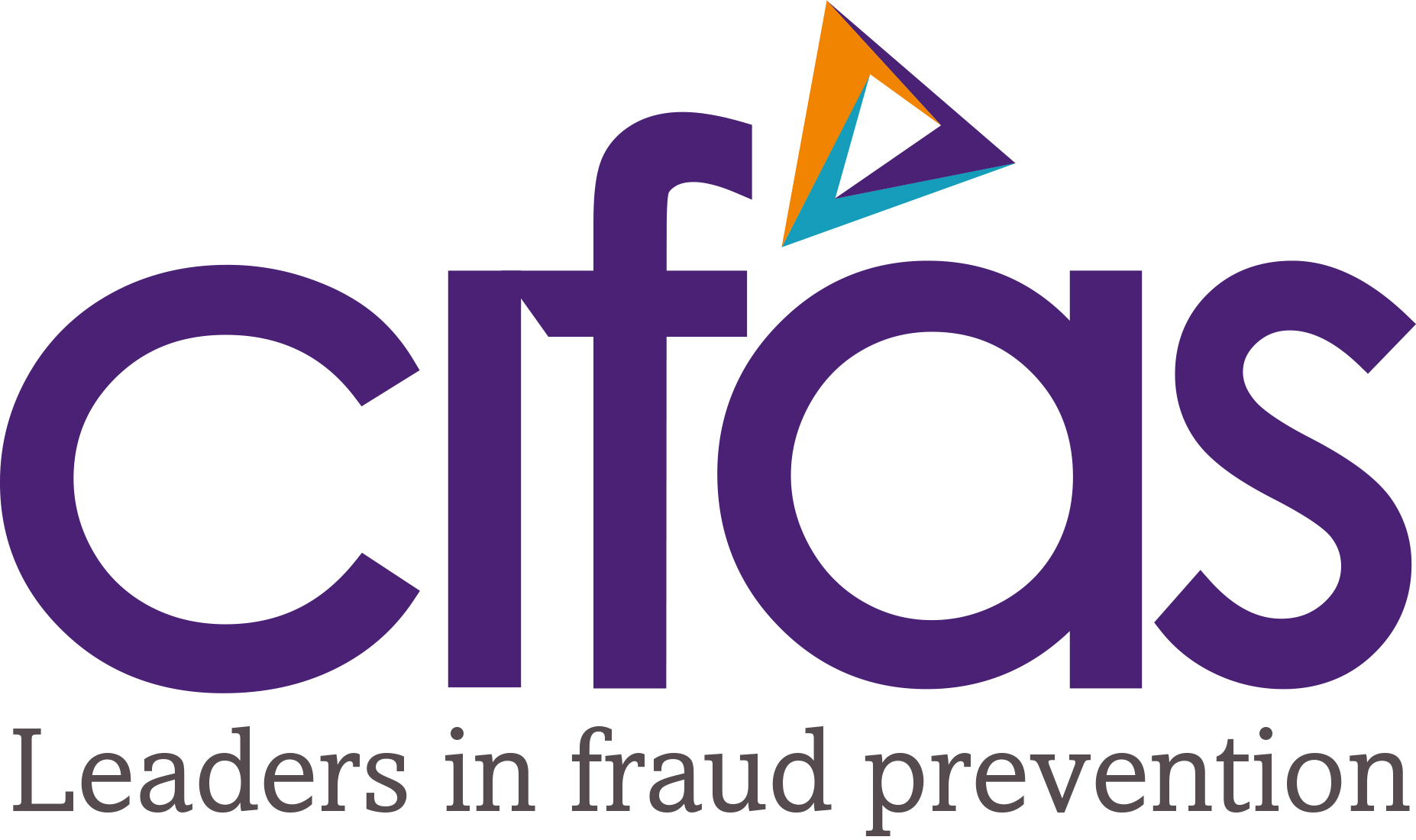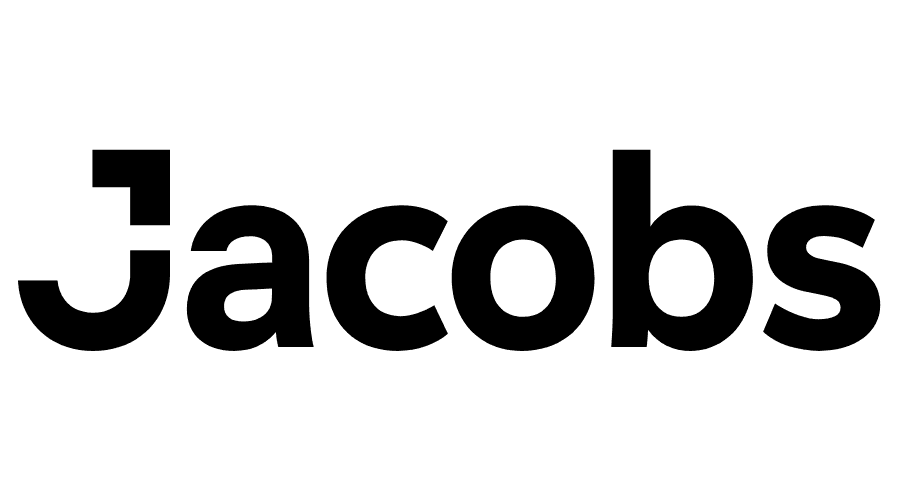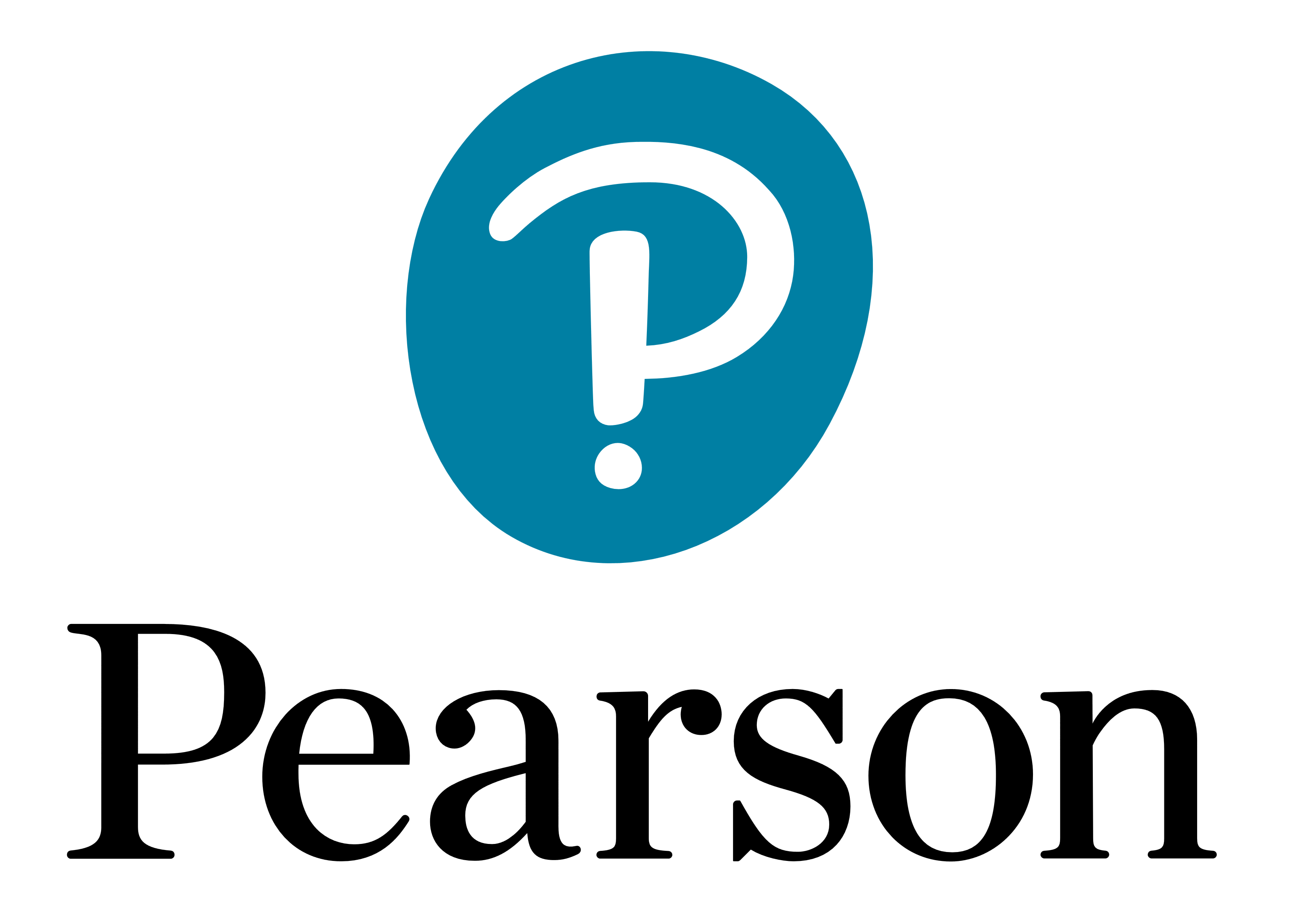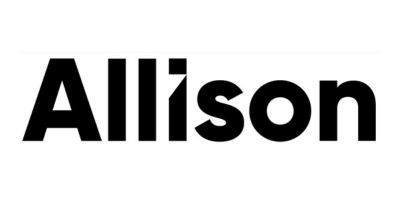
Alice Maynard is a portfolio non-executive, and a business advisor and coach through her company Future Inclusion. She has spent most of her career working in the diversity and inclusion field, although she began her career in IT. She worked on the first police computer systems for command and control, and database searching. She currently has a non-executive roles on the Financial Conduct Authority Board, the Government Commercial Office Remuneration Committee and the University of York Council, where she is Chair Designate.
Alice believes that, whilst innovation is key to a healthy economy, so is inclusion, and the two are not always married up. Here are three pitfalls to avoid for innovators who want to be more inclusive.
‘We can do that later’
Innovative products and services often begin life as inaccessible products and services. It’s frustrating when you want to try the latest gizmo, use the most up-to-date service, or keep up with exciting new developments, but you are excluded. It’s expensive to make a product inclusive ‘later’. Extra work is involved, such as redesign of at least parts of the product or service. And it can be tricky. A product might have been designed in a way that cannot readily be revamped. It makes social and economic sense to think upfront about the widest range of possible users and their needs. When I worked in the IT industry, my job involved localising software for the European market. US software was not designed to do that easily. Text strings that needed to be translated were hardcoded, as were currency symbols, date formats and so forth. My entire department spent its time fixing those problems. It’s rare to find software these days that is so resistant to localisation, but it’s not so rare to find software that is inaccessible for people who use screen readers. If you are serious about inclusion, you need to be intentional, or inequality in society will increase.
Innovation has to be completely different from everything that has gone before
Sometimes the best form of innovation is, in effect, an evolution of an existing product or service. Rethinking is a form of innovation. It’s just not widely recognised or valued. Disregarding existing products and services can also mean that valuable insights and approaches to increasing inclusion are also lost. And throwing the baby out with the bathwater is wasteful, and we can’t afford to be wasteful when resources are tight or at a premium. Funders of research and development are particularly prone to equating innovation with newness and not recognising the value of incremental innovation. This is a problem for those who know that they could do something innovative, and socially and economically useful, but they can’t get the backing for it.
The D-I-Y syndrome
Teams may squirrel themselves away to develop a new product or service. Whenever somebody enthusiastically mentions the phrase ‘skunk works’ in a meeting, a cold shiver runs down my spine. I have been the victim of skunk works too often, having to pick up the pieces and patch inclusion into their output (you may spot a close relation of the ‘we can do it later’ pitfall here). We make fewer mistakes and better decisions when we are open to people who are different from us and have new and different ideas. In Tim Harford’s book ‘Messy’ he talks about an experiment in which groups were tasked with solving a problem. Those groups that had a stranger amongst them achieved better solutions than groups who knew each other or worked together. Generally expanding our networks, both social and work, mixing with people who are different from us, pushing ourselves to do different things, working in different industries or sectors, brings inspiration and innovation – the very thing we want to achieve.
Alice Maynard








